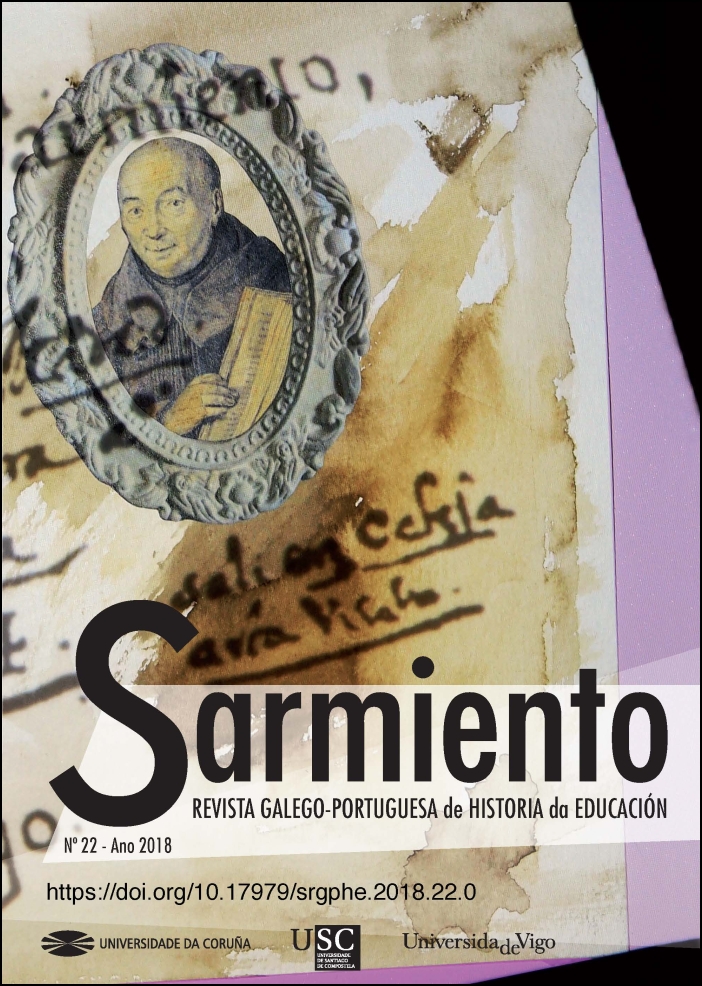Forest School A model for early childhood education in Europe and Spain
Main Article Content
Abstract
The forest school, a model of early childhood education created in northern Europe, has been gaining worldwide attention. In Spain the model, developed through independent projects, has quickly multiplied, giving rise to major discussions about the relationship between education and nature, outdoor learning and educational innovation in early childhood. This article presents the historical context in which modern forest schools were created in the 1950s, focusing on Spain whose particular circumstances allowed this model to spread and gain support from different sectors of society. It addresses the historical frameworks of active learning pedagogies and open-air schools created at the beginning of the 20th century, as well as Spanish predecessors such as Giner de los Ríos, the Institución de Libre Enseñanza and forest school initiatives.







